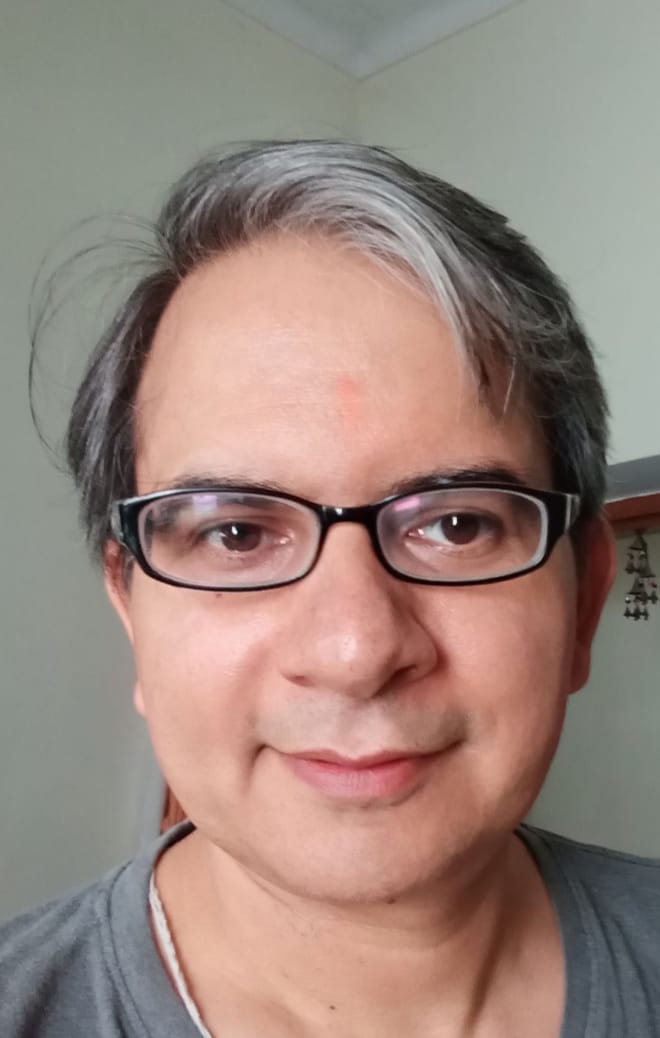No parent to be accused of promoting alienation syndrome without specific instances: Supreme Court
In the child custody matters, the bench said the desire of preference although in itself cannot be determinative of custody of the children, but it must be given due consideration on account of it being a factor of utmost importance.
